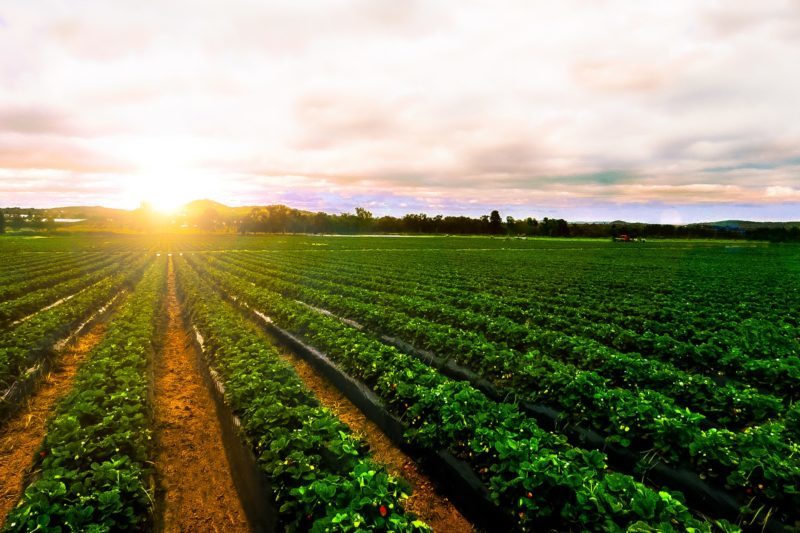TOC and FFAR reported that organic farming is poised to be part of the climate change solution. Among the benefits of organic practices:Organic farmers do not rely on fossil-fuel intensive synthetic inputs to manage pests or increase soil fertility, and they use farming techniques that sequester carbon in the soil.
That said, according to the release, we still need a better understanding of the specific strategies organic growers can adopt to mitigate climate change. More work is also needed to manage the negative effects that climate change is having on farms through drought, flooding, invasive pests and extreme weather events.
“Through our partnership with FFAR, The Organic Center is able to catalyze the most promising organic training, research and education initiatives from across the country,” said Dr. Amber Sciligo, TOC Director of Science Programs, in the release. “The projects selected this year have immense potential to help advance organic agriculture and bring more producers, agricultural professionals and communities into organic.”
Dr. LaKisha Odom, FFAR Scientific Program Director, added, “Transitioning to organic farming can be confusing, costly and labor-intensive. This partnership with The Organic Center provides a much-needed opportunity for agriculture professionals to educate more farmers about organic farming best practices so we can sustainably meet consumers’ growing demand for organic products and support thriving farms.”
Organic Training for Agricultural Professionals Prize
This $350,000 prize "recognizes extraordinary contributions to training farmers, agriculture professionals and community organizations in organic production." The winners for 2022 are:University of Wisconsin-Madison Organic Grain Resource and Information Network (OGRAIN) – $100,000
This prize will advance OGRAIN programming by building additional state-wide and cross-state relationships through Cooperative Extension, according to the release. A goal is to support work with Tribal Nations and developing additional resources for new agriculture professionals and farmers transitioning to organic.Oregon Tilth – $50,000
This award will, in part, support the continued success of Oregon Tilth’s conservation, transition and farm viability education and will train additional farmers and agriculture professionals in organic certification, organic regulations, production practices and profitability tools.Iowa State University Organic Agriculture Program (ISU OAP) – $50,000
The prize will help ISU OAP expand its organic production education through train-the-trainer and organic certification educational and outreach efforts.OATS (Organic Agronomy Training Service) – $150,000
The prize will help OATS increase domestic organic crop production. The goal is to strengthen the support network of organic agronomists, certified crop advisors, Cooperative Extension agents and technical service providers.2022 Organic Center-FFAR joint Organic Research Program
This prize awards up to $200,000 per project "focused on organic techniques for improving mitigation and resiliency to climate change, with a priority on systems-based approaches and a commitment to cross-sector partnerships."Dr. Sindhu Jagadamma, University of Tennessee Institute of Agriculture – $200,000
Dr. Jagadamma is investigating how growing trees on organic farms and transforming the farms' organic waste into high-value compost naturally and cost-effectively mitigates climate change and reduces the carbon footprint of organic farms.Dr. Erin Silva, University of Wisconsin-Madison –$77,022
Dr. Silva is investigating how to improve and also develop carbon and nutrient modeling tools to better reflect organic farming management practices and reduce the impact of climate change.Learn more about the awards and projectshere.










